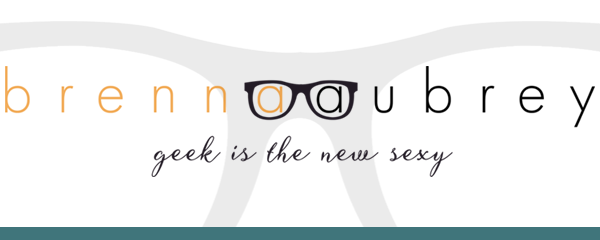“For the creator there is not poverty and no poor, indifferent place” —Rilke
Rainier Maria Rilke was born in what is now Czech Republic, of humble but not impoverished beginnings. He, among other things, was a poet and philosopher, rubbing elbows, at the turn of the century, with students of the likes of Sigmund Freud, Nietsche, and Auguste Rodin. He was employed for some time by Rodin doing writing and poetry relating to the great sculptor’s works of art.
But none of these things are the reason I will be discussing Rilke on this blog for at least ten posts (though not consecutively). During the early part of the twentieth century, Rilke was sent a batch of poetry by an aspiring poet and asked to comment upon and critique them. The poet’s replies spurred a short correspondence, ten letters of which exist for us now in the published work “Letters to a Young Poet.”
In the first letter, our young poet has sent his work to Rilke for critique. The poet admonishes his young protegé, writing:
“Nothing touches a work of art so little as criticism.”
Art, in all its forms, is the product of the inner environment. I’ve often used this analogy to explain to my students that our schools place so much emphasis on the exterior environment and the measurements of them—mathematics and the sciences—and the interactive disciplines, as in the social sciences, and history. The concrete, the physical. Modern education in America places a heavy emphasis on all of the above. I know because, at least in my state, these are the only subjects measured by standardized tests. A person could be completely art illiterate—impervious to anything but the shallowest exposure to literature (as English is a tested subject), the visual arts, music, performing arts are virtually ignored.
But that is my aside, back to Rilke and his trenchant discussion of art and the criticism thereof for in this first letter I have found a key to my issues with my own art, my writing. I have failed thus far in producing a finished product because I have not heeded his above observation. “Nothing touches a work of art so little as criticism.”
He goes on to explain that true art must come from deep within.
“I beg you to stop doing that sort of thing [in which sending your work out to be criticized by others). You are looking outside and that is the thing that you should most avoid right now. No one can advice or help you…”
Many of you might not concur. And I’d agree that when a person gets stuck—on a particular scene or piece, especially—turning outwards to a sympathetic friend or nonjudgemental critique partner can be useful—even essential. I owe much of what I’ve learned about writing fiction by the trial and error method. But in looking back, that process has trod a little on my soul each time, too. Instead of working to produce a piece of art separate from myself and not trusting myself to judge what is good and real, I have, instead, developed a huge complex and become gun-shy. My work became myself—or an extension thereof—and therefore any criticism of my work would be a criticism of me.
Rilke says that instead of looking outward for praise—instead of seeking to hear what you want to hear, to dig deep into yourself instead. Seek not for outward flattery but for the feeling of accomplishment and success that comes from within. Write, create because you must. Because it’s what your blood, your veins, your heart tells you that you must do. As Rilke says:
“Find out the reason that commands you to write; see whether I has spread its roots into the very depths of your heart; confess to yourself whether you would have to die if you were forbidden to write. This most of all: ask yourself in the most silent hour of your night: must I write? Dig into yourself for a deep answer.”
Must I write? Would I die if I was forbidden to write? I’d like to think I could find outlets that would substitute for it. To say I’d die might be overly dramatic, but I do know that when I’m not writing, when I’m not digging into myself and bringing out those things hidden deep in my heart and in my psyche—my muse, if you will—I grow depressed, grumpy, and find life much more difficult to take. Who is to say I wouldn’t die, eventually, from the deprivation of it?
Rilke, one would assume, belongs to that school of artists who feels that one must “suffer” for their art. Suffering comes in many ways. If, in fact, one is not suffering for the sake of the art, one is taking one’s own suffering, all the humiliation, the “slings and arrows of outrageous fortune” and using them to fuel their art. He says as much, in the very first letter:
“Write about what your everyday life offers you; describe your sorrows and desires, the thoughts that pass through your mind and your belief in some kind of beauty. Describe all these with heartfelt, silent, humble sincerity and, when you express yourself, use the things around you, the imgages from your drams and the objects that you remember. If your every day life seems poor, dome blame it; blame yourself. Admit to yourself that you are not enough of a poet to call forth its riches; because for the creature there is no poverty and no poor, indifferent place.” [Emphasis added]
I’ll take these lessons and commit them to my own heart, my own soul, my own muse.















